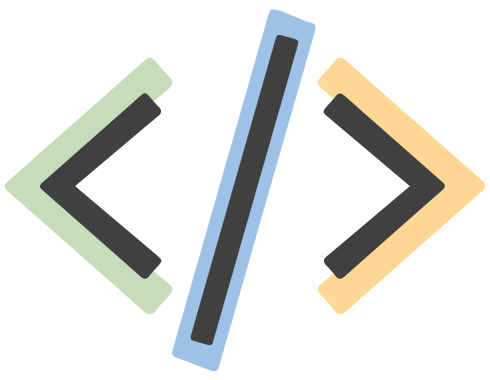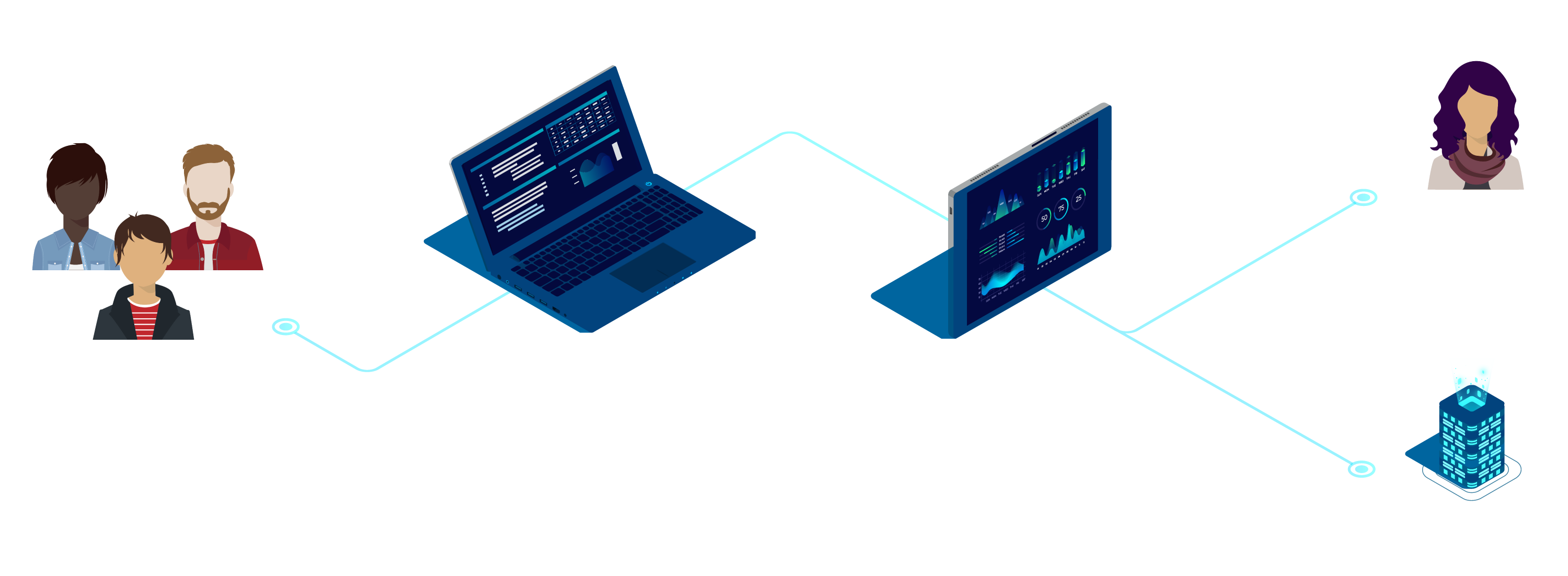Serious Data Science
Serious Data Science
is

Open Source
Comprehensive and trusted

Code First
Flexible and reusable

Centralized
Cloud or On-prem
Drive greater impact with your data science investments
Ultimately, Data Science teams have two key responsibilities:
- Building valuable insights, leveraging their data science expertise, all the available data and the analytic tools available.
- Sharing these insights to impact decision making, since any insight that does not affect decision making in some way delivers no real value.
However, far too many data science teams struggle to meet these key responsibilities, and as a result fail to deliver as much value to their organization as they could. These teams may:
- Struggle to create insights, because they cannot recruit enough data scientists to use their proprietary tools, because their tools impose too many black box constraints on their analyses or require too much time to configure and maintain, or because siloed teams lead to redundant work and a lack of collaboration.
- Fail to impact decision making, because their stakeholders don't understand the insights the team provides, or can't access relevant, up-to-date insights when they need them.
- Have difficulty growing their impact over time, because they are constantly forced to reinvent the wheel, finding it difficult to reproduce and build on previous analyses over time.

Open Source
- Eases recruiting and training
- Comprehensive analytics and visualizations
- Break down analytic silos with interoperability
- Minimize vendor lock in

Code First
- Flexibility to build and share insights, tailored to the analytic problem and the needs of your stakeholders
- Fast iteration and updates
- Reusable, extensible and inspectable

Centralized
- Reduces unnecessary work for data science teams
- Enhances collaboration, within team and with decision-makers
- Supports reproducibility with package management
- Eases administration and maintenance
RStudio has worked with many different organizations as they grapple with how to get the most out of their data science work, and found that there are three key pillars of success:

Open Source
By adopting an open source core, you make it easier to recruit and retain data scientists, while the comprehensive nature of open source ensures you will always have the right tool for any analytic problem, including the ability to connect to all your other analytic investments. You also avoid putting yourself at the mercy of any specific vendor, since your core data science work is based on R or Python.
- Read more about RStudio's mission to support free and open source software.
- Hear directly from our founder, J.J. Allaire, why RStudio became a Public Benefit Corporation, with a focus on open source software.
- Learn more about the great open source projects RStudio supports, including the most popular IDE for open source data science, the tidyverse collection of packages to make R easier to learn and use, and Shiny, an R framework for creating interactive web applications.

Code First
Complex, sometimes vaguely-defined analytic problems require the power of code. Code is flexible, without any black box constraints, and enables you to access, transform and combine ALL of your data. Code enables fast iteration and updates in response to feedback, or new circumstances. And most importantly, by its very nature code is reusable, extensible and inspectable, allowing you to modify and apply it to new problems, and track where changes occurred. Code becomes a core source of intellectual property in your organization, the value of which grows over time.
- Watch Why Your Enterprise Needs Code-First Data Science, a free on-demand webinar.
- Read or listen to Why RStudio Focuses on Code First Data Science, a blog post and podcast.

Centralized
By centralizing your data science infrastructure, you break down the siloes which impede your productivity. This allows you to reduce unnecessary time spent maintaining individual data scientist's environments, and promotes collaboration. Deploying your team's data science work to your stakeholders gives them self-service access to the insights when and where they need them, greatly increasing the impact of your team's work. Centralizing your development and deployment environments makes administration, security and management far easier, and package management promotes reproducibility over time.
- Learn how RStudio Team helps organizations build, share and manage their critical data science work
- Read about all the great value our customers have delivered, using a Serious Data Science approach.
- Explore the great features RStudio Team provides for Data Science teams using R and Python.
- Learn how RStudio Cloud provides a lightweight, cloud-based solution that allows anyone to do, share, teach and learn data science online.
